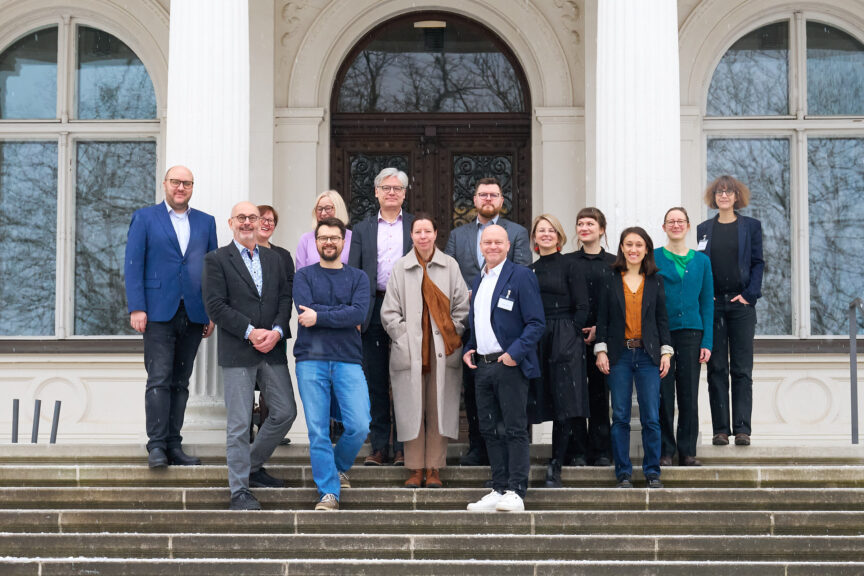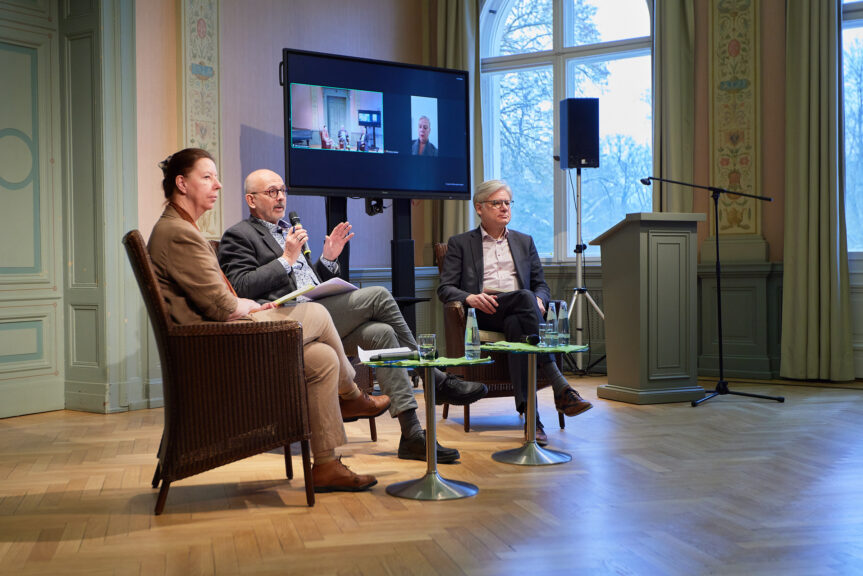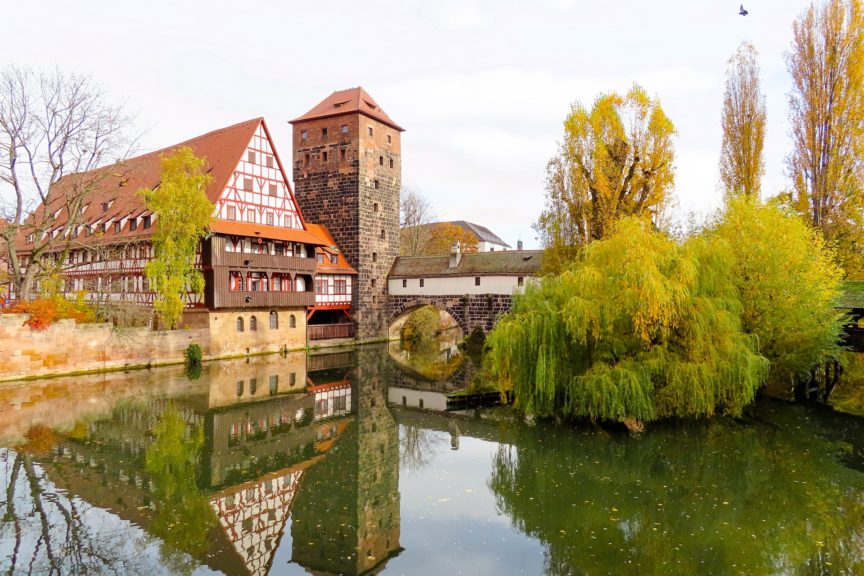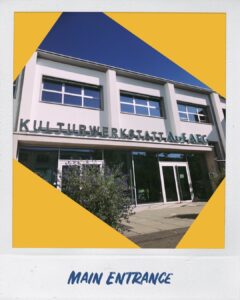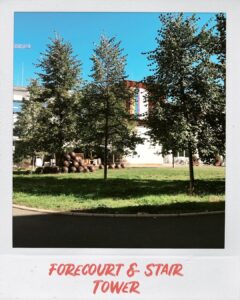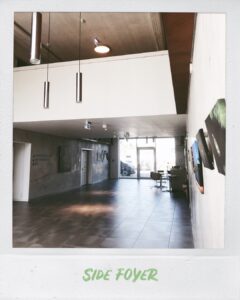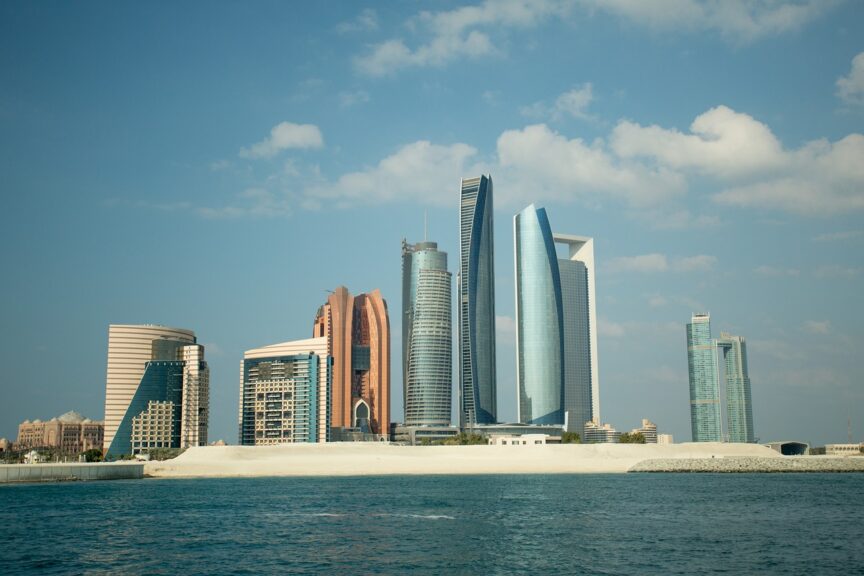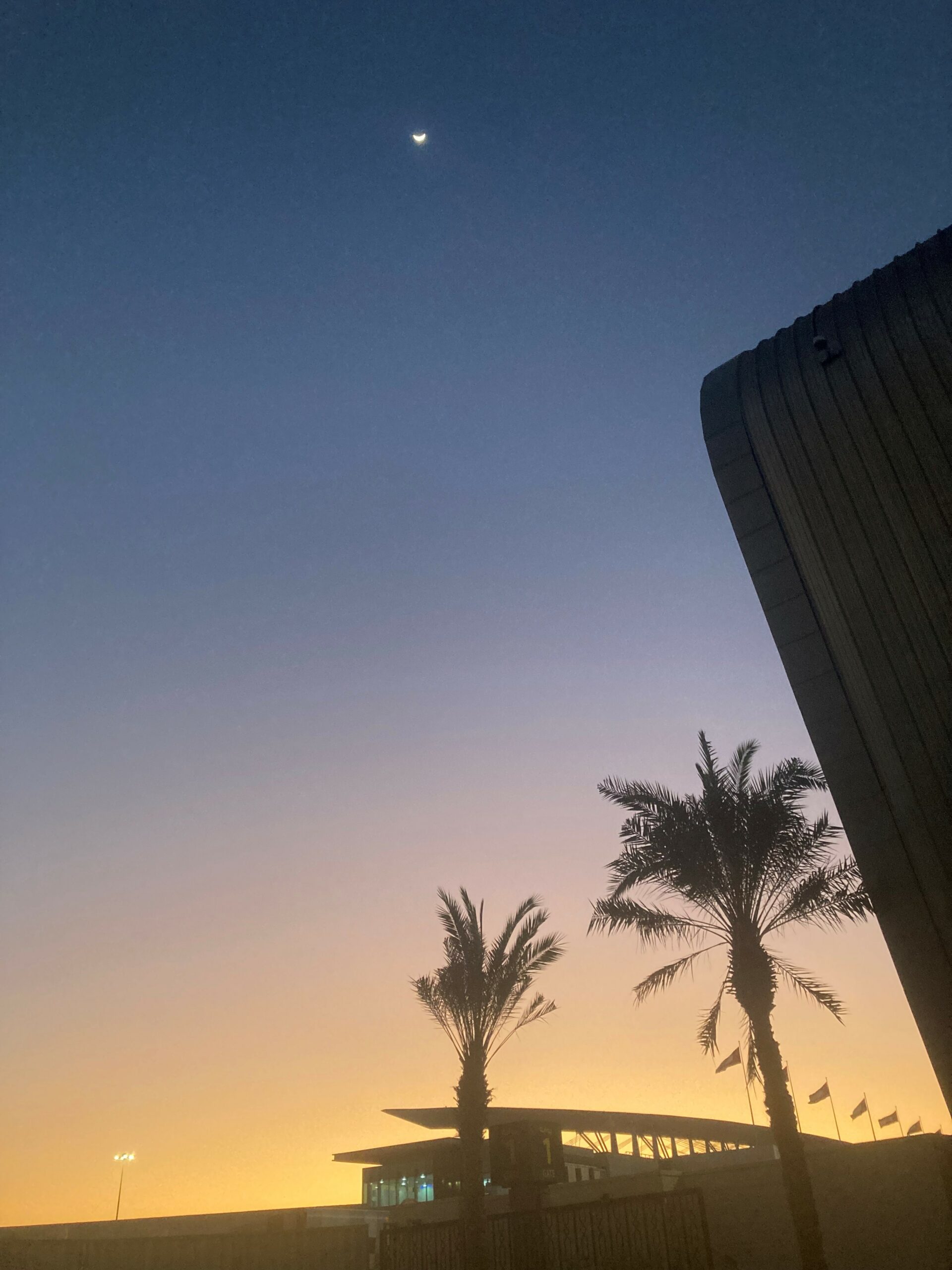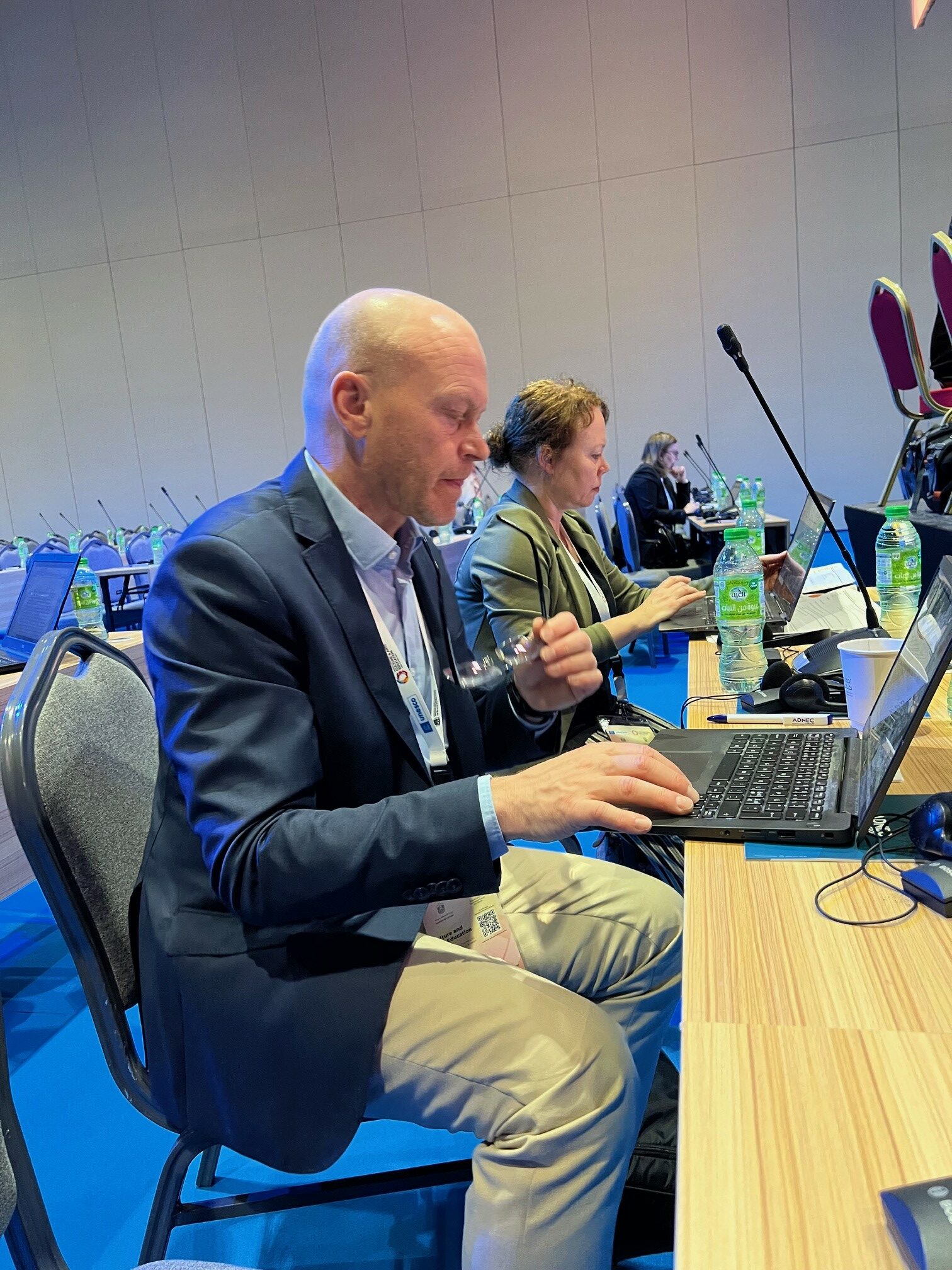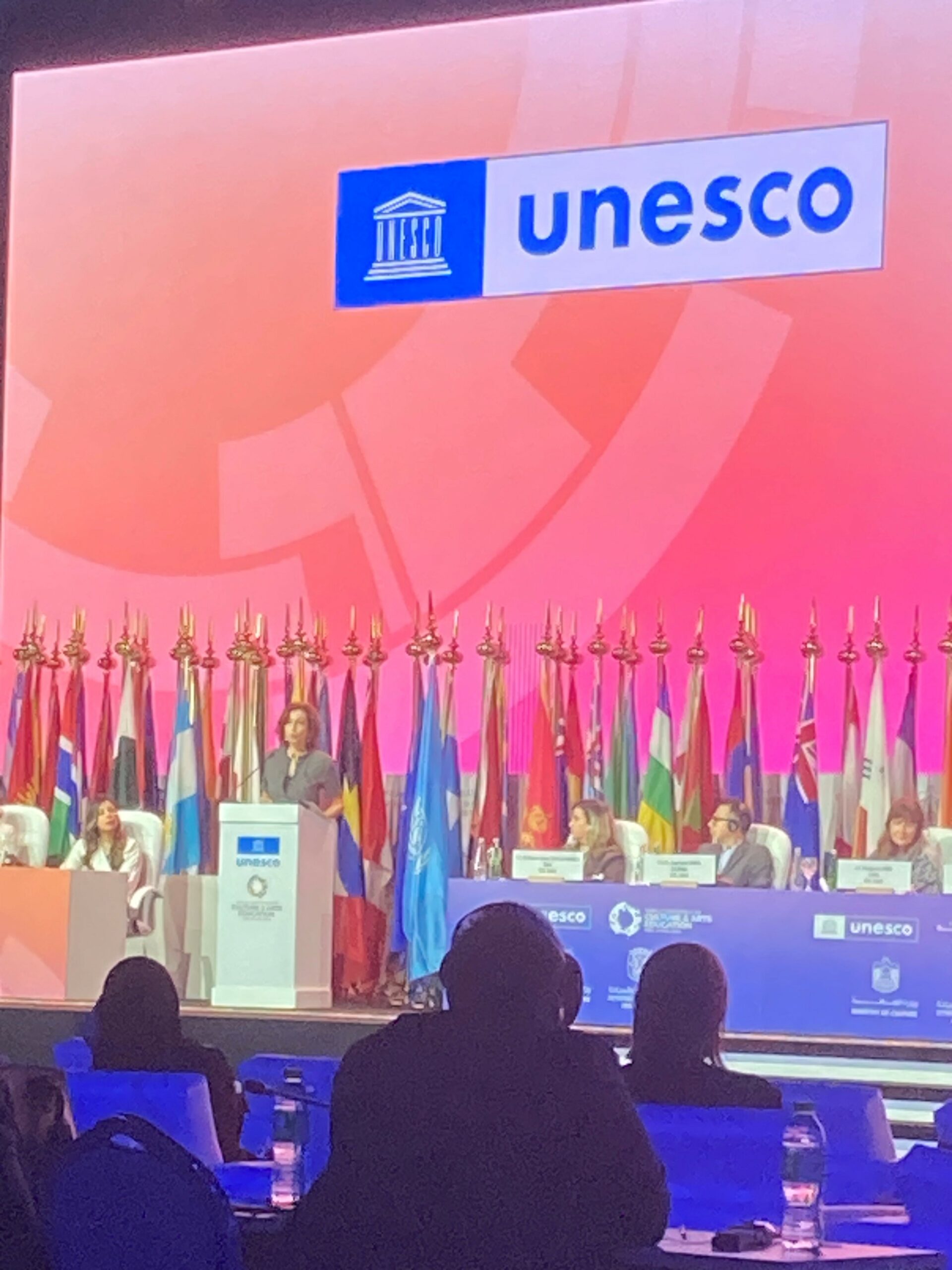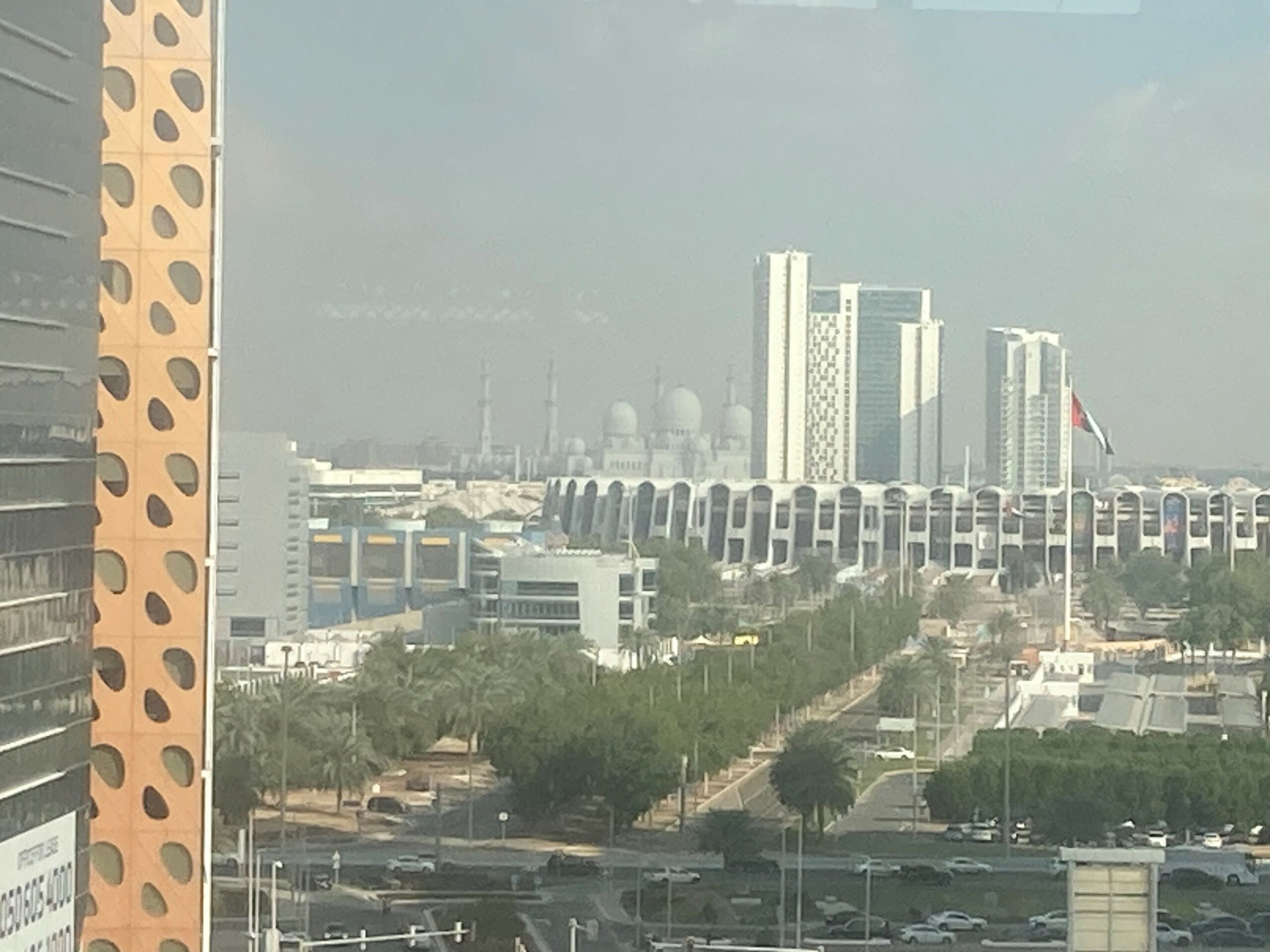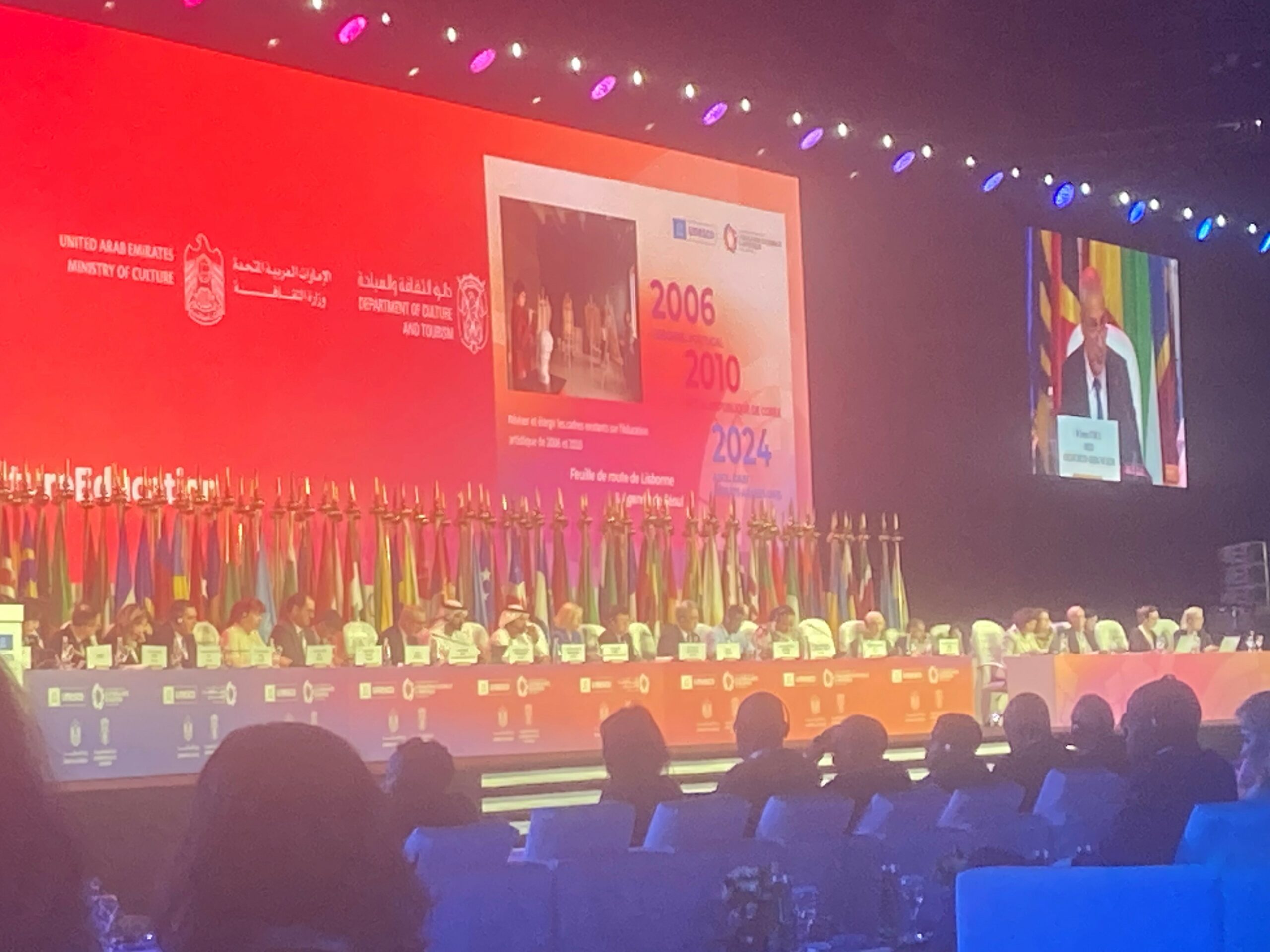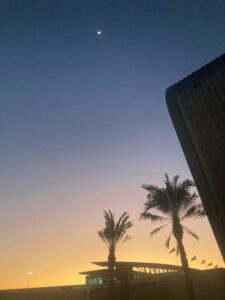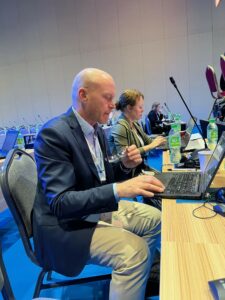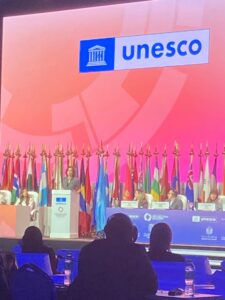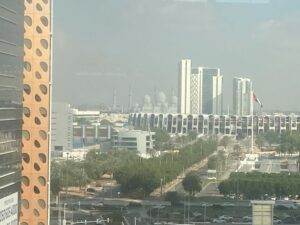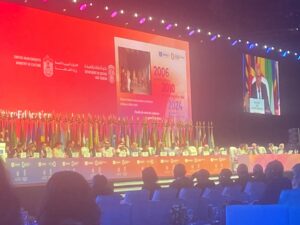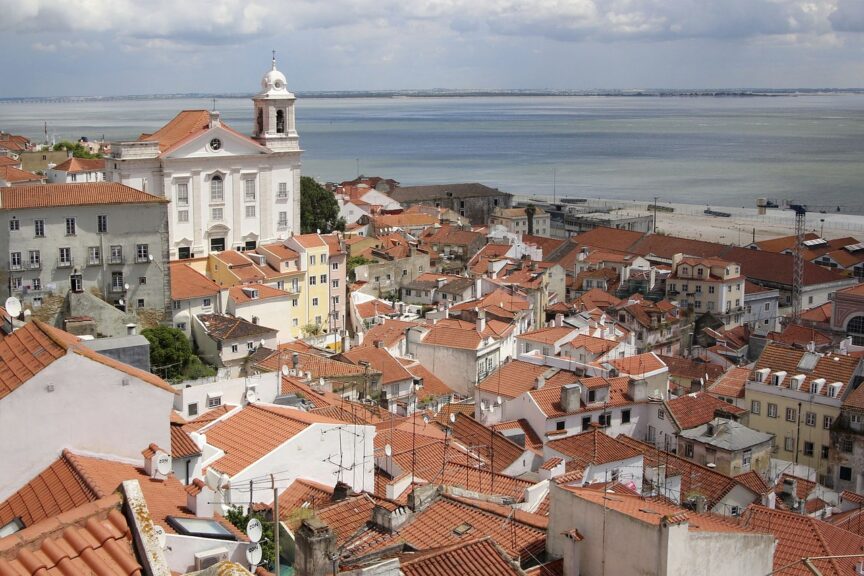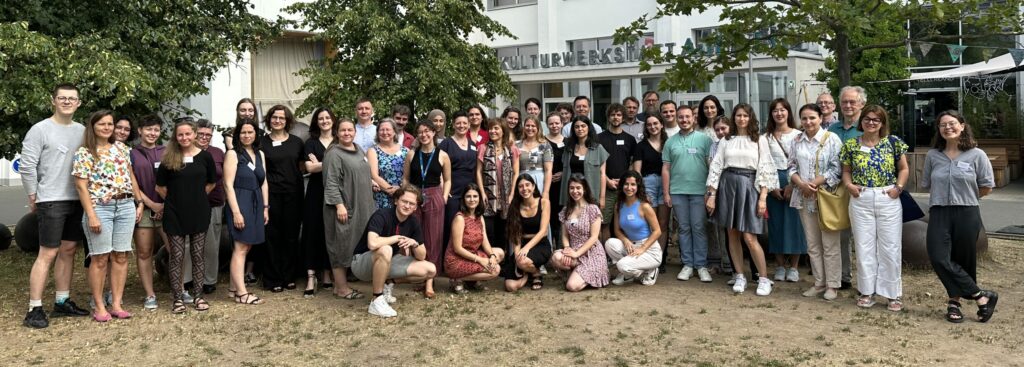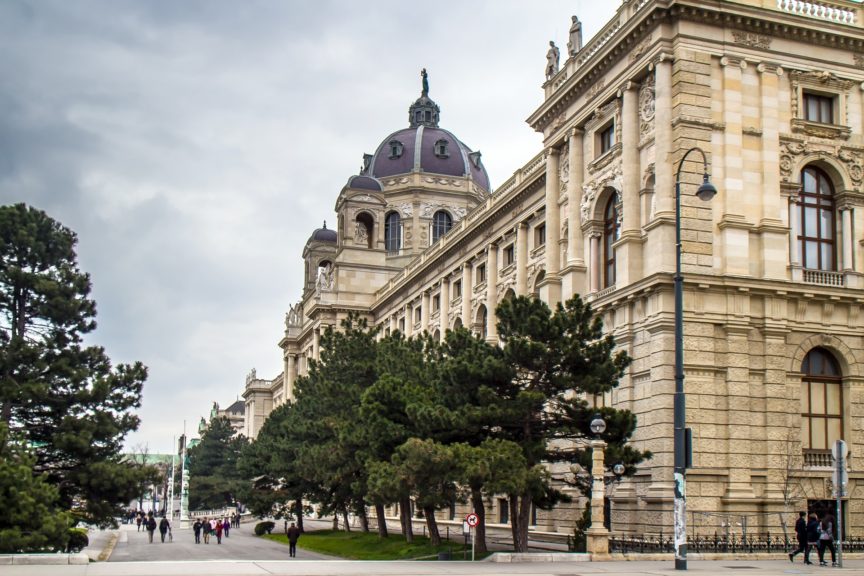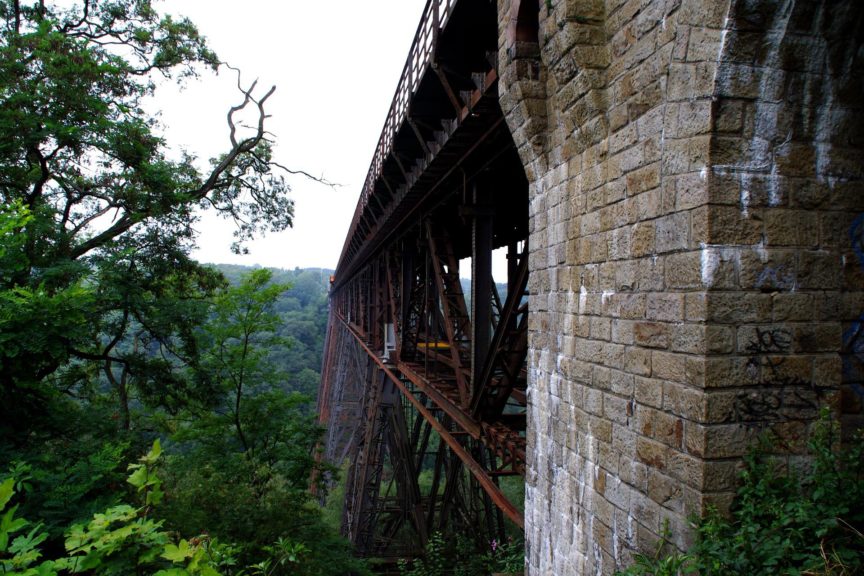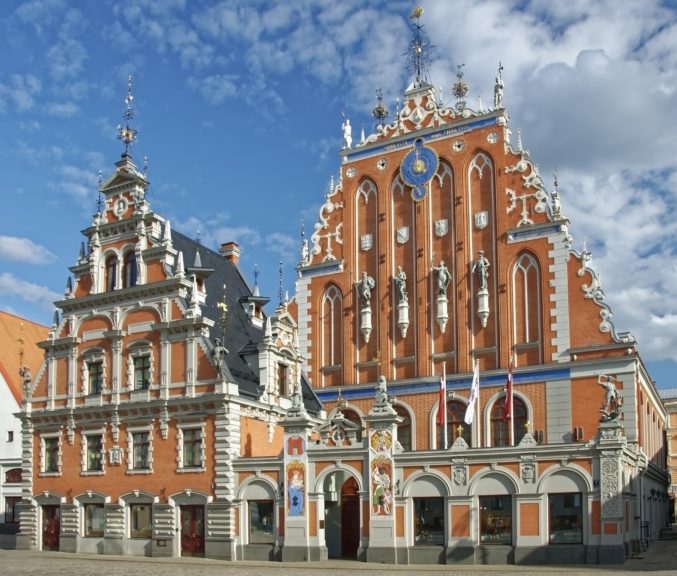Arts Education in Finland, France, Poland and Germany
© Stiftung Genshagen | René Arnold
Experts from ENO partner institutions in the field of arts and cultural education from Finland, France, Poland and Germany met for an exchange in Berlin and Genshagen in February 2025. The three-day meeting’s program included study visits to selected cultural education institutions in Berlin, lectures and discussions on current work topics of the partners. The exchange of experts was intended to strengthen and deepen the cooperation between the partner institutions. The aim was to exchange knowledge, concepts and best practice in art and cultural education. In addition, space was offered for the development of future cooperation projects.
Partners: Association of Children’s Culture in Finland; Małopolski Instytut Kultury; Bundesvereinigung Kulturelle Kinder- und Jugendbildung e. V.; Observatoire des politiques culturelles; Observatoire des publics et des pratiques de la culture; Stiftung Genshagen

